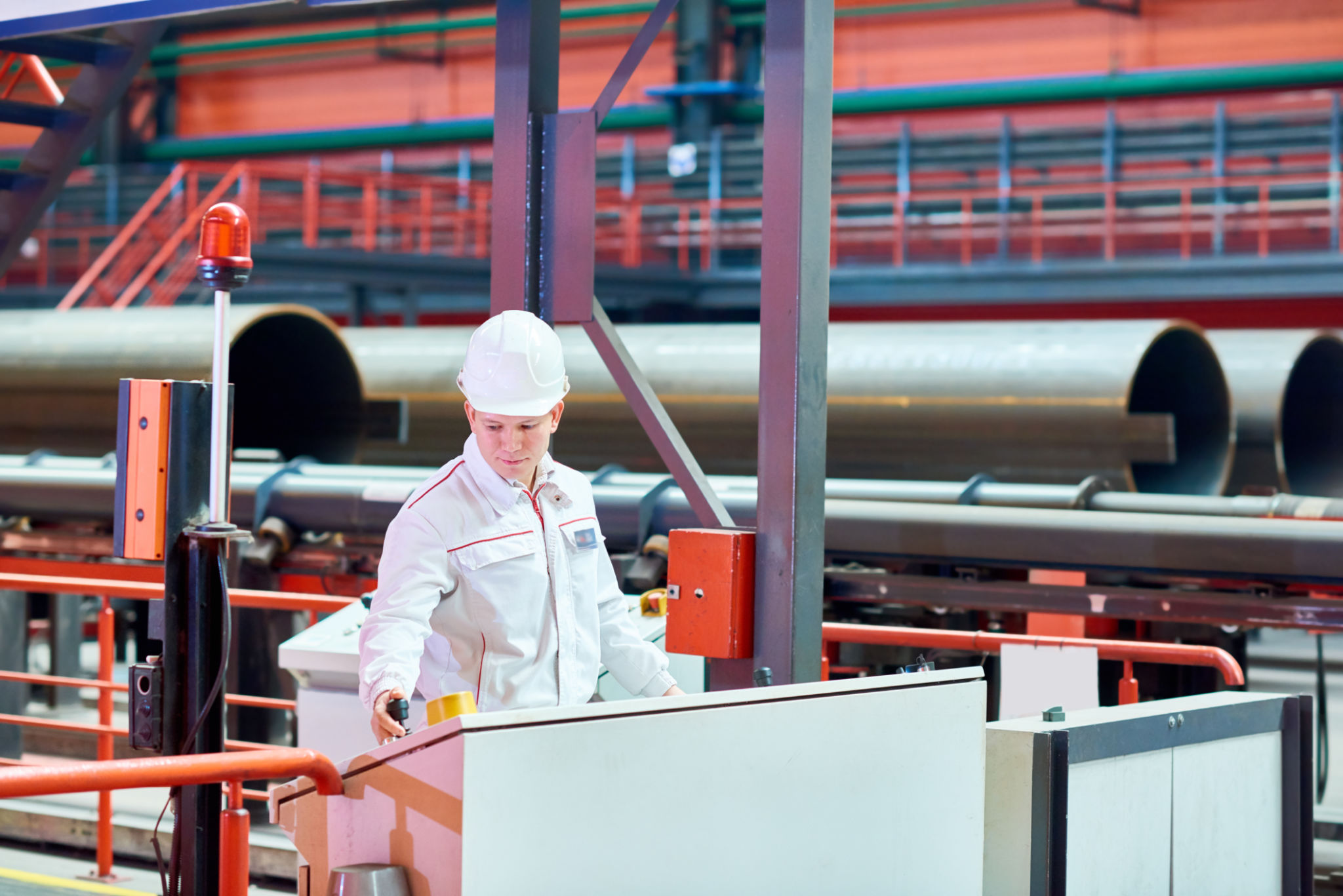Choosing the Right Air Compressor Equipment for Your Industry Needs
Understanding Your Industry Requirements
Choosing the right air compressor for your industry needs can seem daunting given the variety of options available. The first step is to understand the specific requirements of your industry. Different industries, such as manufacturing, automotive, and construction, have unique demands when it comes to air compression. Identifying the primary use of the compressor in your operations will guide you in selecting the most suitable equipment.
For instance, in the automotive industry, air compressors are often used for inflating tires and powering pneumatic tools. In contrast, manufacturing might require compressors for powering assembly line tools or for use in spray painting. By clearly defining the tasks the compressor will handle, you can narrow down your options significantly.

Types of Air Compressors
Once you have a clear understanding of your industry requirements, the next step is to explore the different types of air compressors. The most common types include reciprocating (piston) compressors, rotary screw compressors, and centrifugal compressors. Each type has its own advantages and is suited to different applications.
Reciprocating compressors are typically used in smaller operations and are known for their versatility and cost-effectiveness. Rotary screw compressors are ideal for continuous operation and are often used in large industrial applications. Finally, centrifugal compressors are best suited for high-demand applications due to their ability to deliver large volumes of air.
Considering Power and Pressure Needs
Another critical factor to consider is the power and pressure requirements of your air compressor. The power of a compressor is measured in horsepower (HP), while the pressure is measured in pounds per square inch (PSI). Different tools and applications require different levels of power and pressure, so it's essential to match these specifications to your needs.
For example, light-duty tasks might only require a compressor with a low PSI, while heavy-duty industrial tasks might need a high PSI compressor. Additionally, consider the compressor's duty cycle, which indicates how long it can run without needing a break. This is particularly important for industries that require continuous operation.
Assessing Portability and Size
Depending on your industry and specific tasks, the portability and size of the air compressor can be crucial. Portable compressors are ideal for industries that require mobility, such as construction, where equipment needs to be moved from site to site. On the other hand, stationary compressors are better suited for facilities with a dedicated space for equipment.
Consider the space available for the compressor and whether it needs to be moved frequently. A compact, portable compressor might be more suitable for a small workshop, while a larger, stationary model could be ideal for a factory floor.
Evaluating Maintenance and Durability
Maintenance and durability are key considerations when selecting an air compressor. Regular maintenance is essential to ensure the longevity and efficiency of the equipment. Some compressors require more frequent maintenance than others, so it's important to choose one that aligns with your capacity to maintain it.
Durability is particularly important in industries with harsh operating conditions. Investing in a durable compressor might have a higher upfront cost, but it can save money in the long run by reducing downtime and repair costs. Look for compressors with robust construction and reliable components.
Cost and Energy Efficiency
Finally, consider the cost and energy efficiency of the air compressor. While it's tempting to choose the cheapest option, it's important to balance cost with quality and efficiency. An energy-efficient compressor might have a higher initial cost but can lead to significant savings on energy bills over time.
Look for compressors with energy-saving features and compare their energy consumption ratings. Additionally, consider the total cost of ownership, which includes maintenance, repair, and operational costs, to make an informed decision.
By carefully considering these factors, you can choose the right air compressor equipment that meets your industry needs and enhances your operational efficiency.
